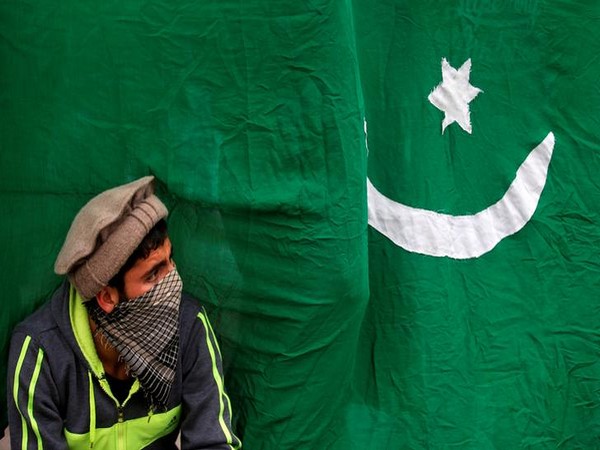Peace talks with TTP not halted despite surge in terrorist attacks in KPK: Pak official

- Country:
- Pakistan
The Pakistan government's peace talks with the banned Tehreek-e-Taliban Pakistan terror outfit have not been stopped despite a rise in terrorist attacks in the militancy-hit Khyber Pakhtunkhwa province, a senior official said on Friday.
Special Assistant to Chief Minister Khyber Pakhtunkhwa for information and Public Relations barrister Muhammad Ali Saif said members of the Tehreek-e-Taliban Pakistan (TTP) resorted to terror activities during the ceasefire period, prompting the provincial government to initiate action against the banned outfit.
The Pakistani government and the TTP agreed in June to extend a ceasefire indefinitely while continuing negotiations to find an end to the nearly two decades of militancy.
Though the outlawed militant outfit agreed to a ceasefire, it had said that it would not back down from its demand for the reversal of the merger of erstwhile Federally Administered Tribal Areas with the Khyber Pakhtunkhwa (KPK) province.
Saif said the law enforcement agencies are working against complaints pertaining to growing incidents of kidnapping for ransom that have been reported in the province in the recent past.
According to Khyber Pakhtunkhwa Home Department, as many as 113 incidents of terrorism, including 15 grenade attacks and seven target killings, have been reported in the province in the last three months.
A total of 44 people have been killed while 67 terrorists were eliminated in counterterrorism operations in the last three months in the restive province.
The incidents of money extortion have also seen a surge with 39 cases reported recently in the province while the number of unreported incidents is much higher.
The TTP Swat chapter has warned of launching more attacks in the Swat district against rich people, local politicians, security forces and members of the peace committees.
Meanwhile, scores of representatives of Swat have moved along with their families to Islamabad and Peshawar due to fear of money extortion calls.
The local people in Swat, Buner and Dir districts of the Malakand division have also conducted demonstrations in the wake of the re-emergence of the TTP in their districts.
The TTP, also known as the Pakistan Taliban, was set up as an umbrella group of several militant outfits in 2007. Its main aim is to impose its strict brand of Islam across Pakistan.
The group, which is believed to be close to Al-Qaeda, has been blamed for several deadly attacks across Pakistan, including an attack on army headquarters in 2009, assaults on military bases and the 2008 bombing of the Marriott Hotel in Islamabad.
Pakistan has been fencing the 2,600-km border with Afghanistan since 2017 to end terrorist infiltration and smuggling, despite intense opposition from the neighbouring country.
Besides the erection of a fence, the project also includes the construction of border posts and forts, and the raising of new wings of the Frontier Corps, the paramilitary force that guards the border.
When the Taliban returned to power last year, Pakistan hoped that the new dispensation would deal with these terrorist groups. Despite promises, the Taliban have not yet taken decisive action to fulfil their commitments, which has frustrated the Pakistani government.
The Taliban-led government in Afghanistan started taking steps to shift terrorist groups away from the regions bordering Pakistan in May following a series of cross-border attacks that killed nearly a dozen Pakistani soldiers and prompted a strong reaction from Islamabad.
(This story has not been edited by Devdiscourse staff and is auto-generated from a syndicated feed.)










